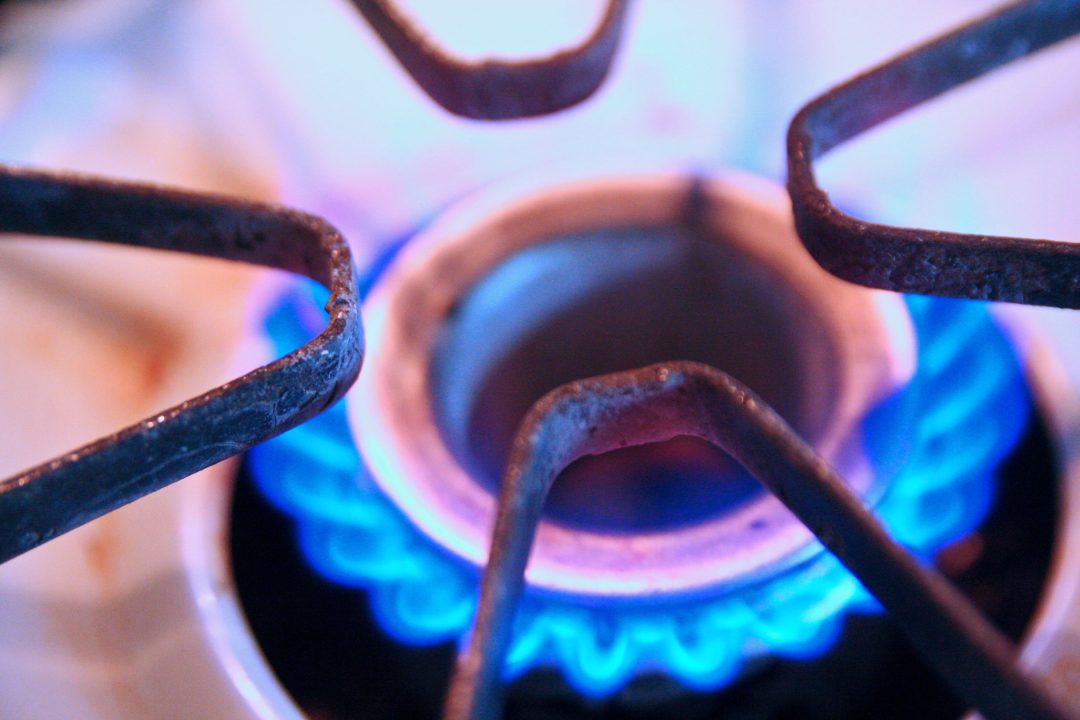
Late last year the NSW Government conditionally committed to removing controls on retail gas prices from mid 2017, as long as enough retailers had been established in regional areas to create a strong, competitive market.
While this move has the potential to drive prices down, questions remain about exactly what measures will be put in place to ensure that all consumers can benefit equally from the newly competitive environment.
In the meantime, until the conditions for complete deregulation have been realised, the government has asked IPART to continue to regulate standard offer prices via Voluntary Pricing Agreements (VPAs) with the three retailers AGL, ActewAGL, Origin Energy who still offer standard offers.
Currently, consumers have the option of shopping around for the best market offer, or remaining on a standard contract regulated by IPART.
To date, households have been slow to take up market offers for their gas supply. Despite having the option to switch to market contracts, which are generally cheaper, more than 20% of consumers are sticking with regulated contracts. Despite retail competition in the NSW market, the three biggest retailers AGL, Energy Australia and Origin Australia still have a massive 96% share of the market. In addition, in some parts of NSW there is only one retailer operating leaving customers with literally no choice but to go with their local supplier.
In response to these challenges, the NSW government has asked IPART to continue to regulate retail tariffs and charges and it has started the process of negotiating new VPAs for the 2016-2017 financial year.
IPART has released an issues paper outlining the price review processes (such as how prices will be determined and controlled in a deregulated market) as well as a review of competitiveness in the retail gas market in NSW.
Meanwhile, debt, disconnections and hardship are on the rise for NSW residential customers and the cost of gas as a proportion of household income is increasing, hitting low-income households the hardest. That’s why, in PIAC’s submission to IPART’s review, we have called for strong mechanisms to make sure that all consumers can benefit equally from the deregulated market.
In addition, PIAC recommends the removal of the ‘customer acquisition and retention cost allowance’, which we argue has not been effective in encouraging customer switching between market contracts.
Essentially, given the uncertainty in the market, the market capture of the three largest retailers and the fact that only 76% of consumers have taken up market contracts, PIAC urges IPART to adopt a precautionary approach to determining VPAs, in order to avoid further bill increases and hardship for customers.
You can read PIAC’s complete submission here.
Photo: Flickr